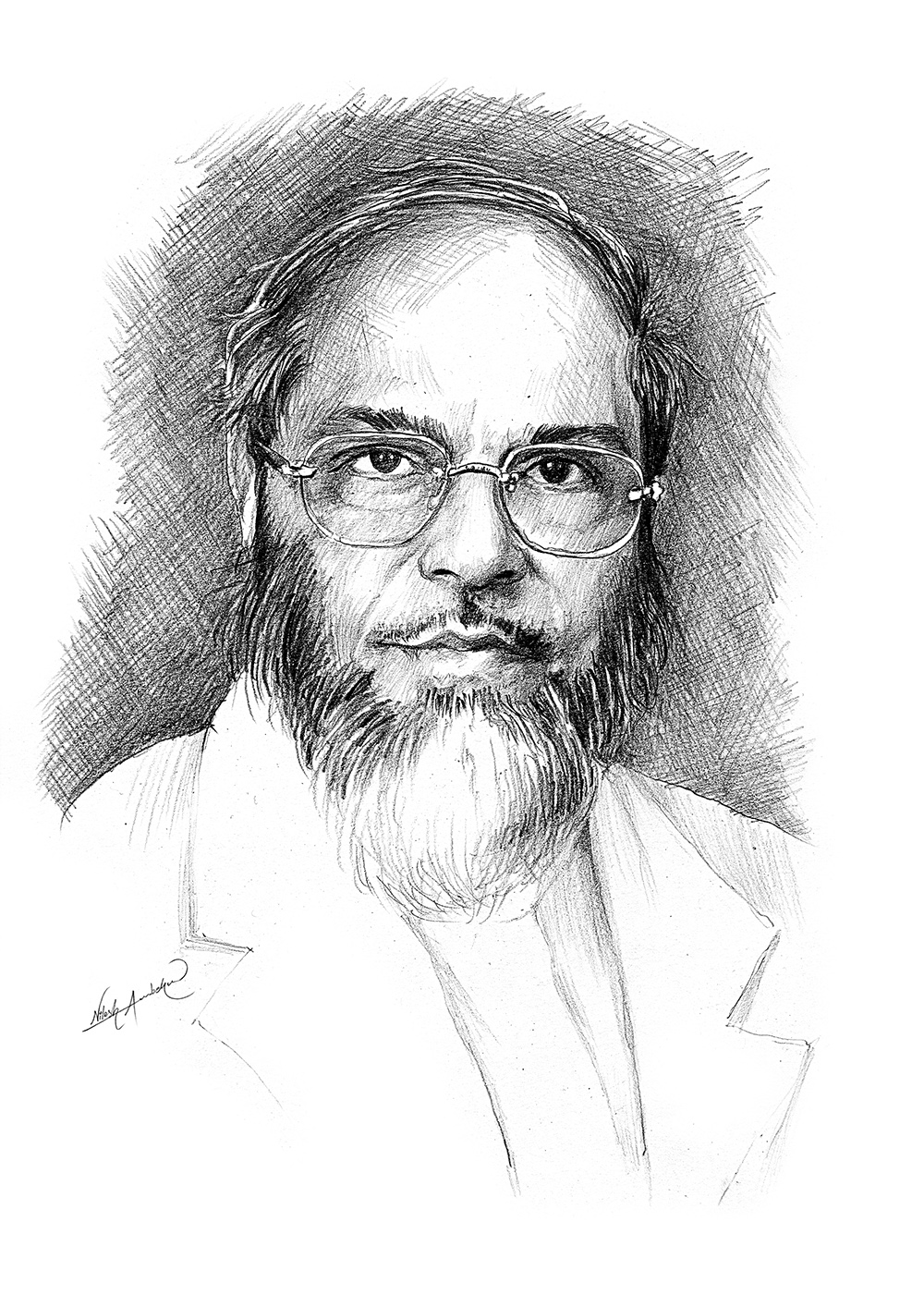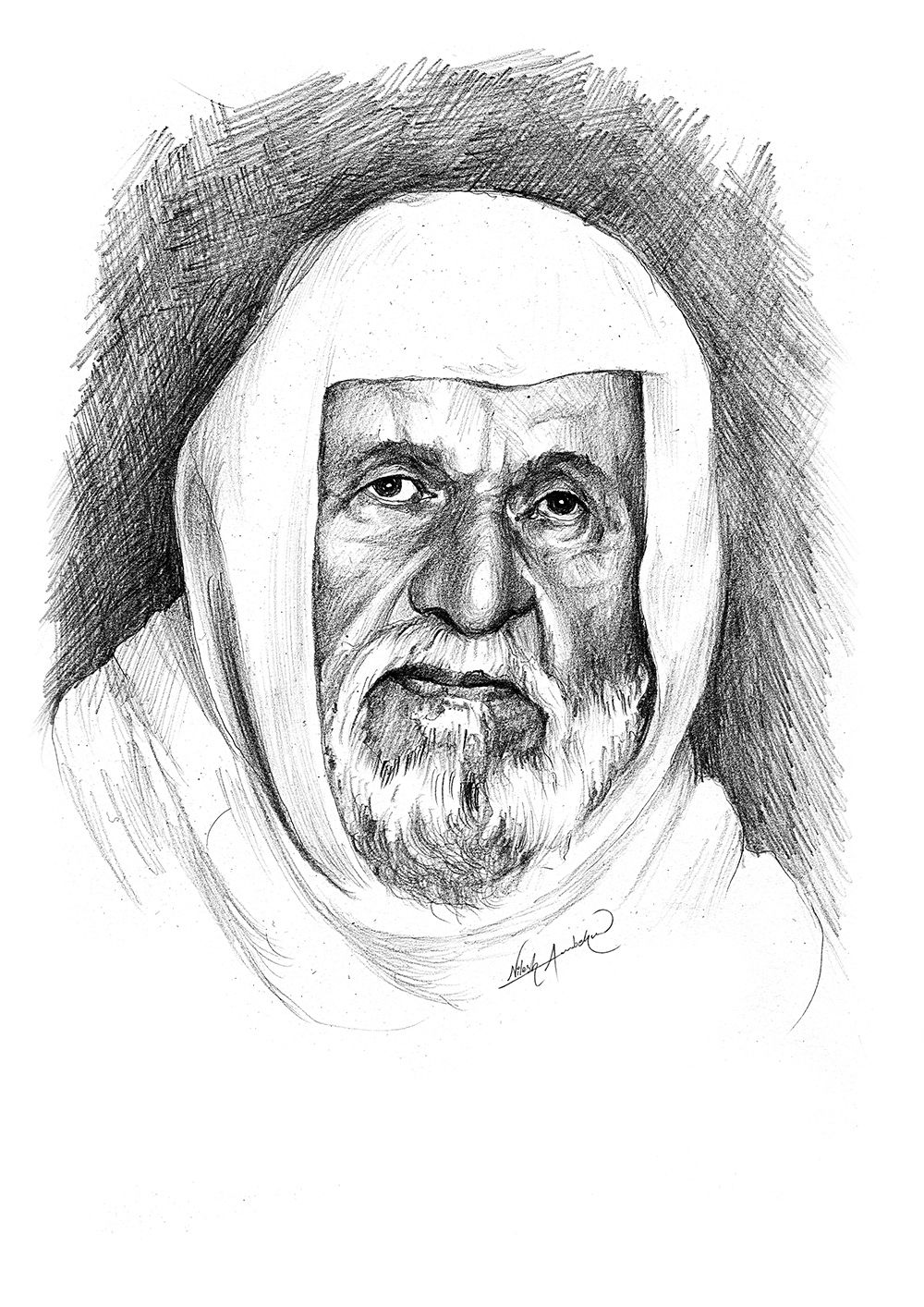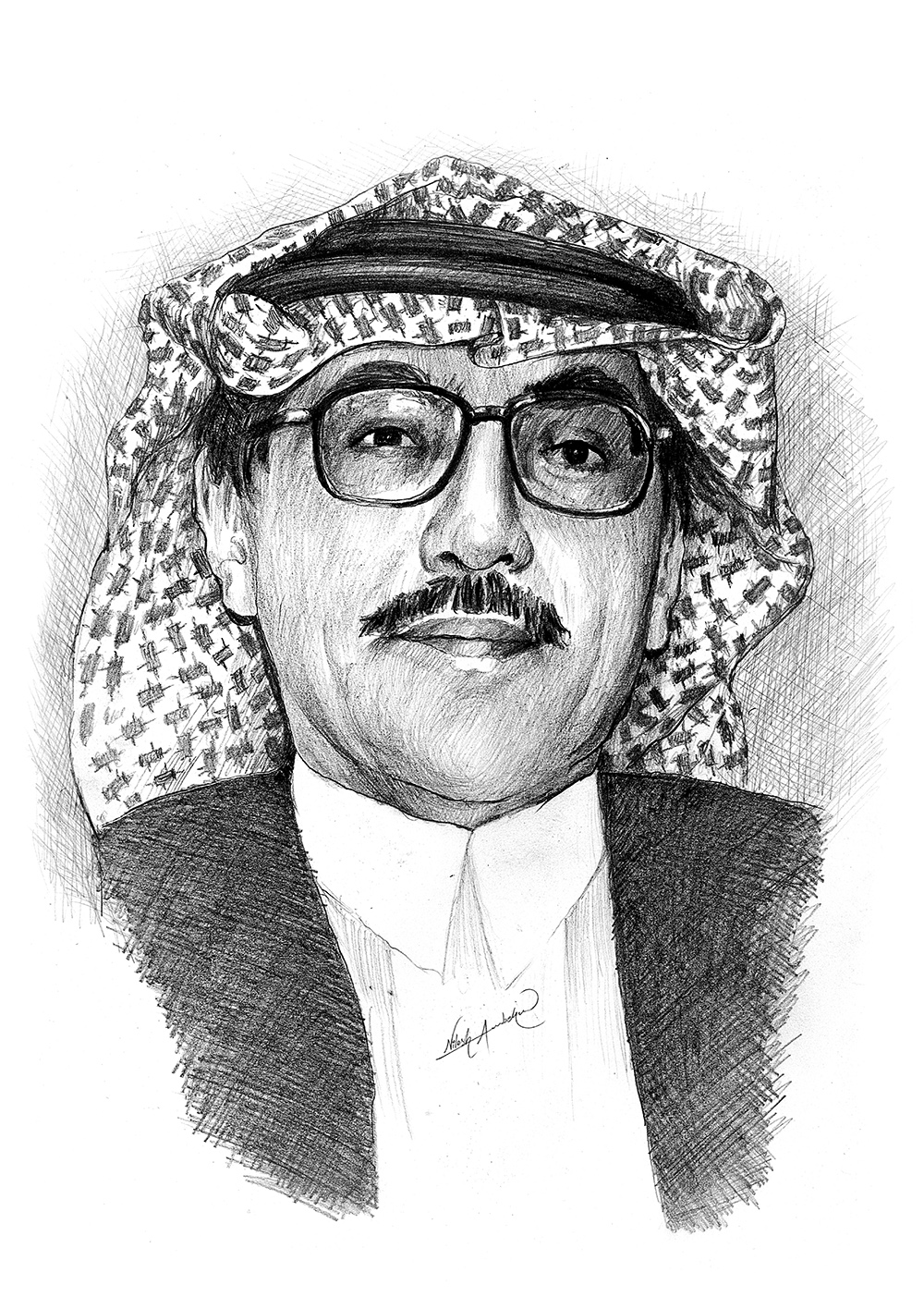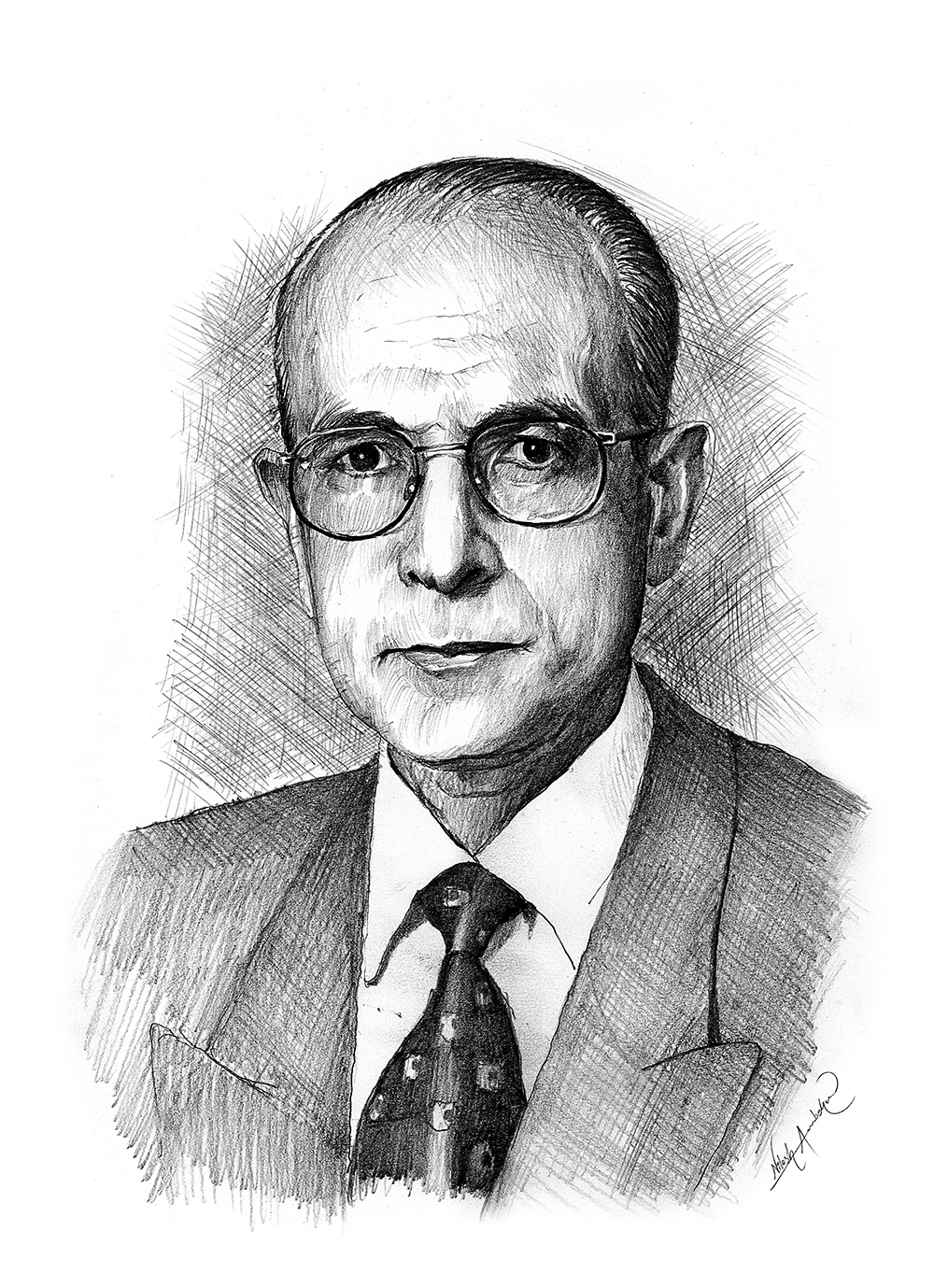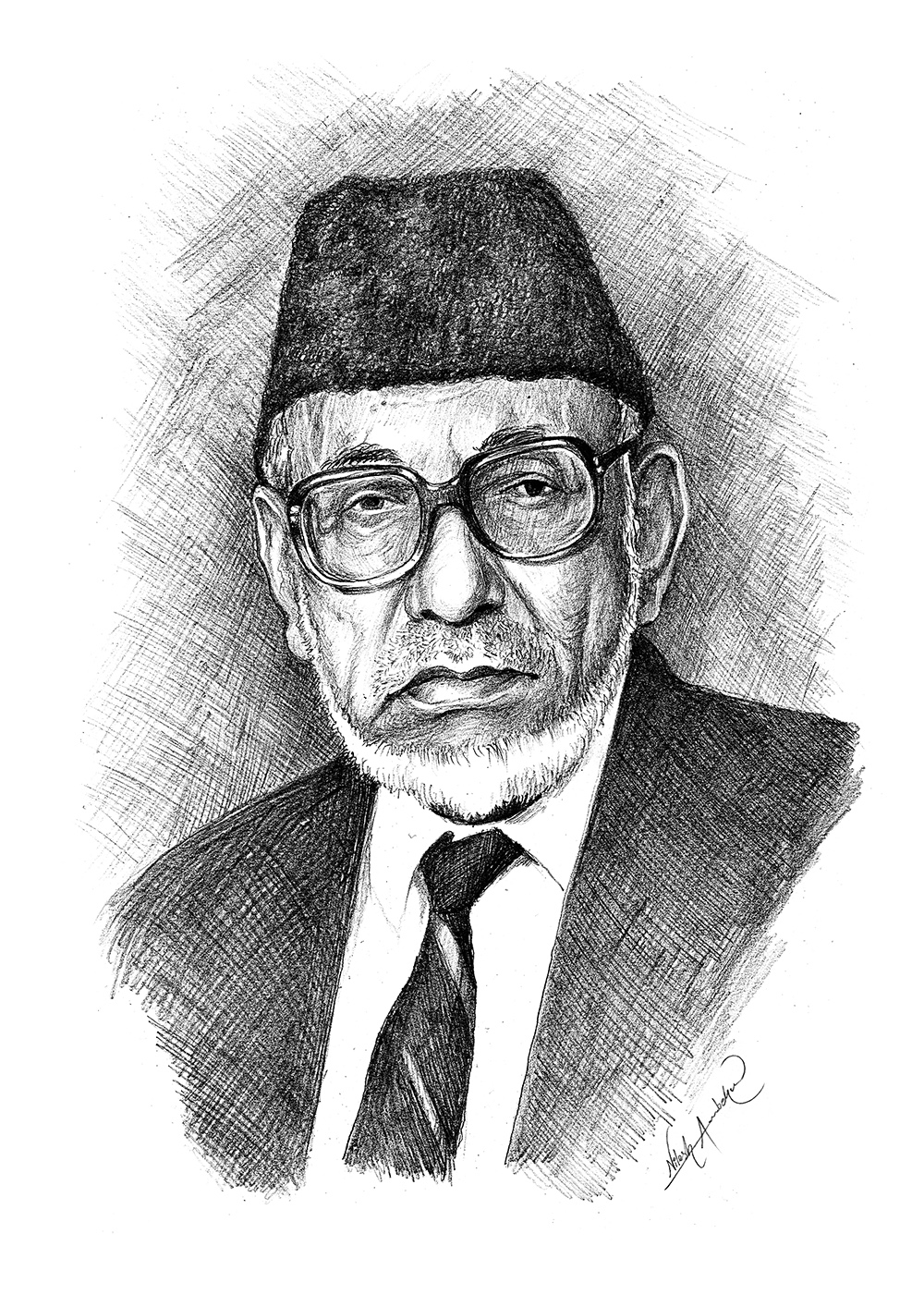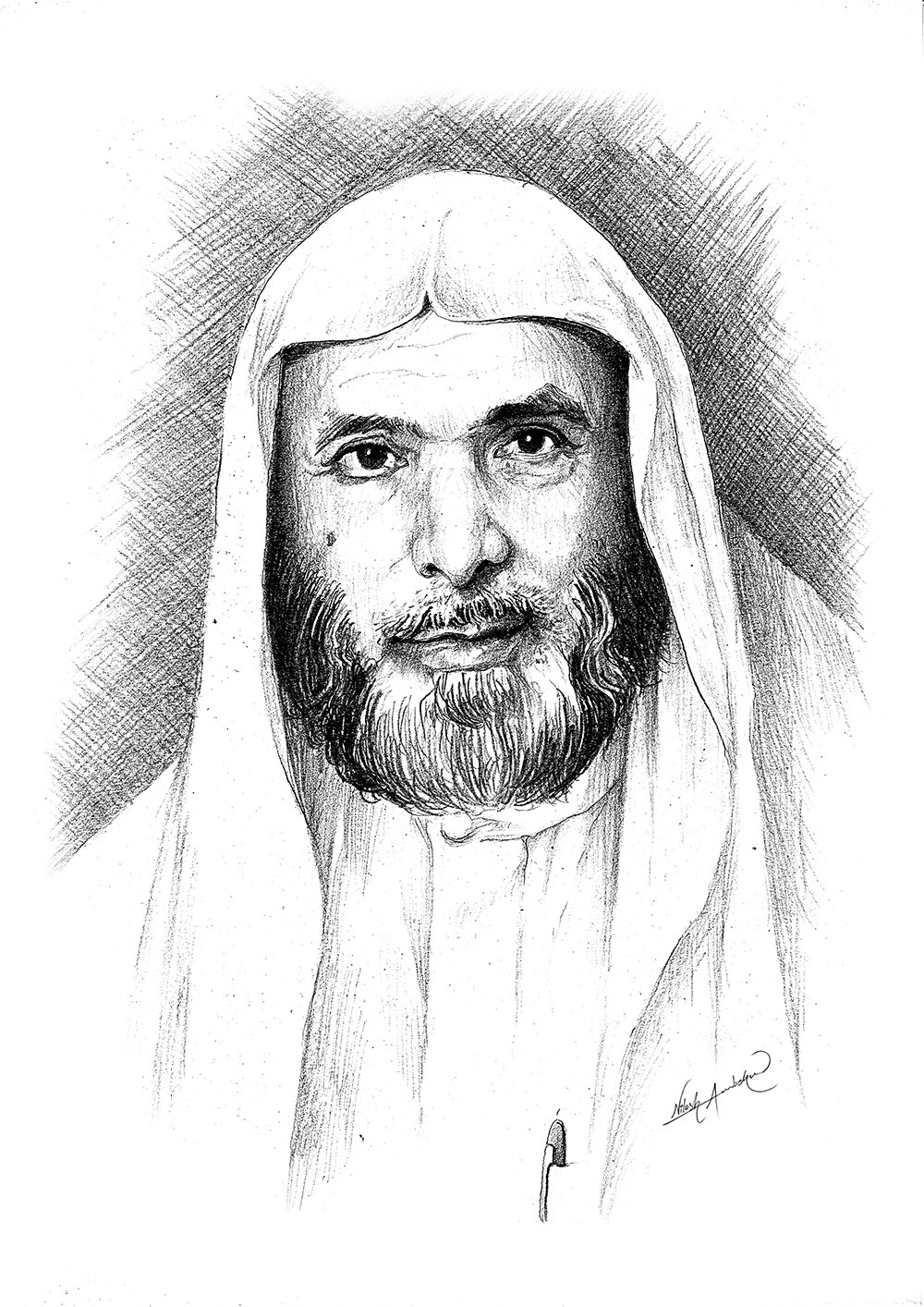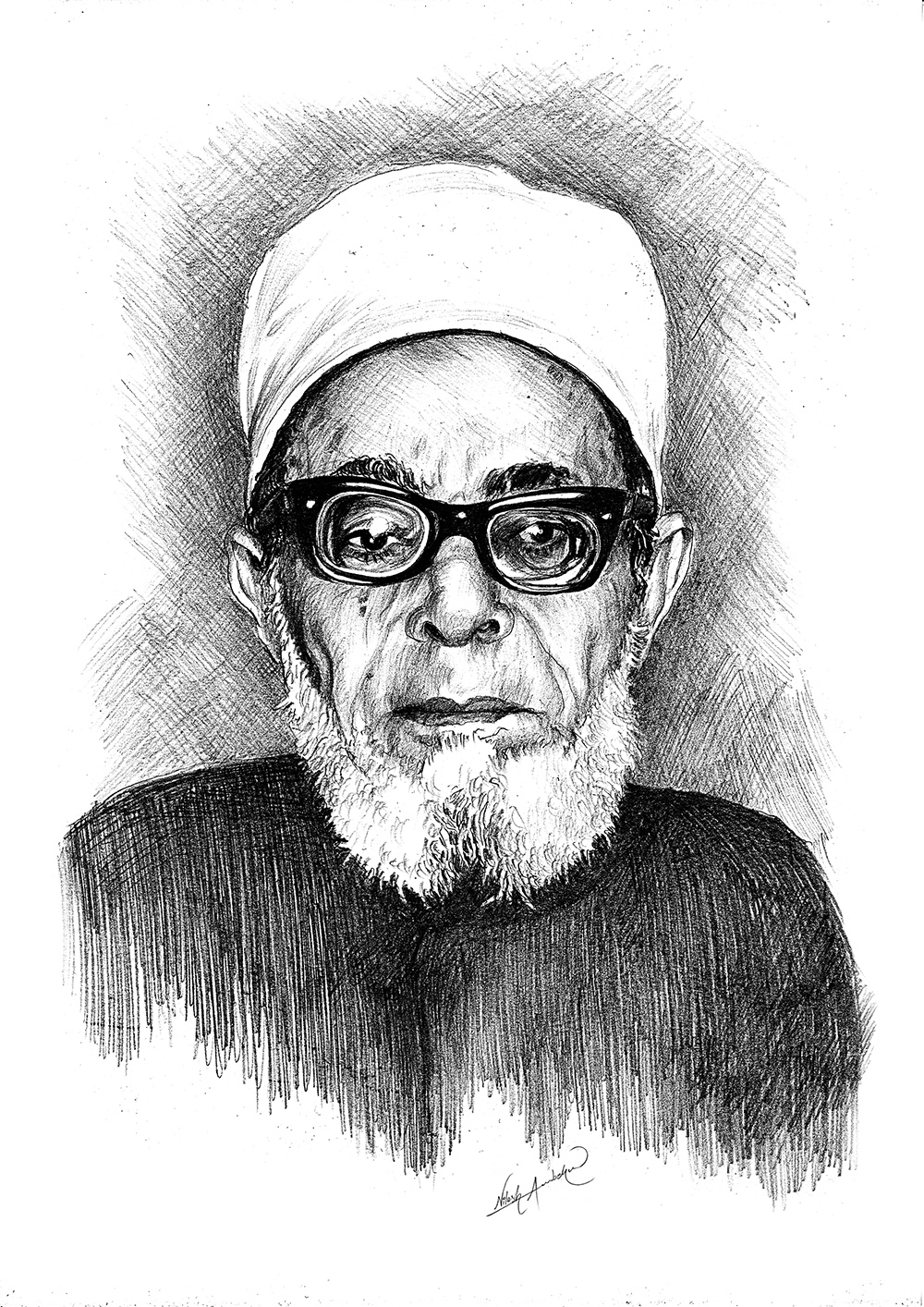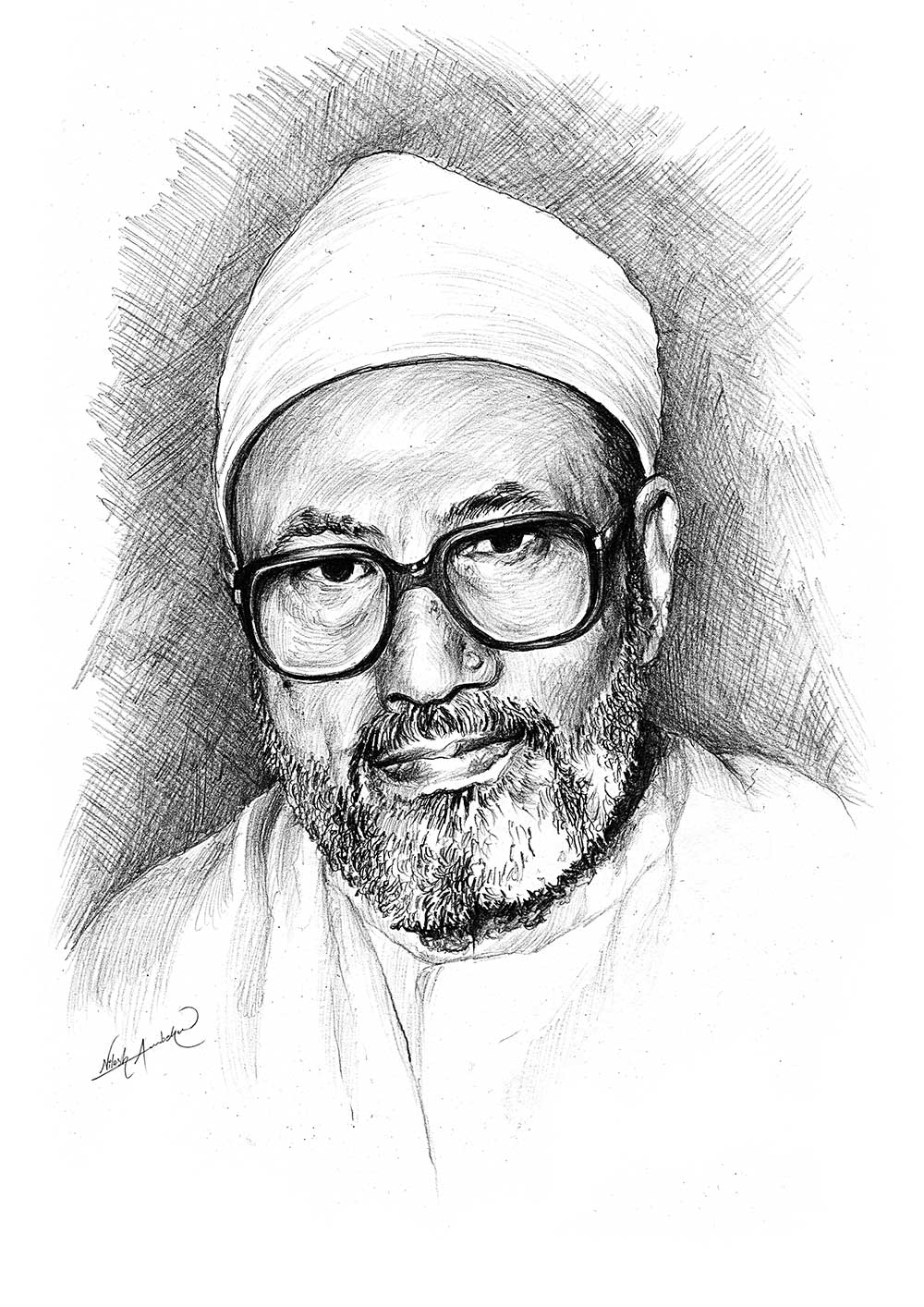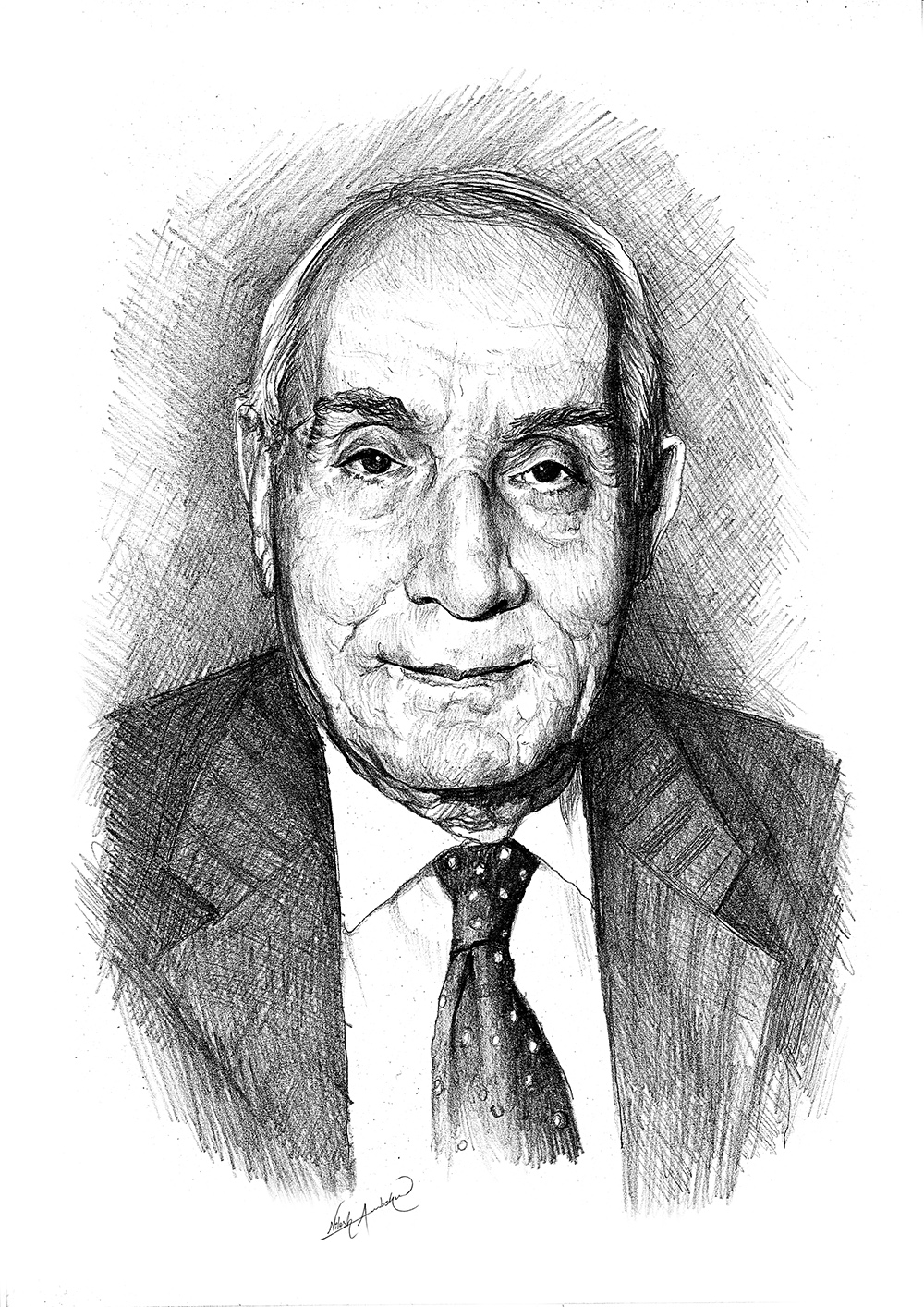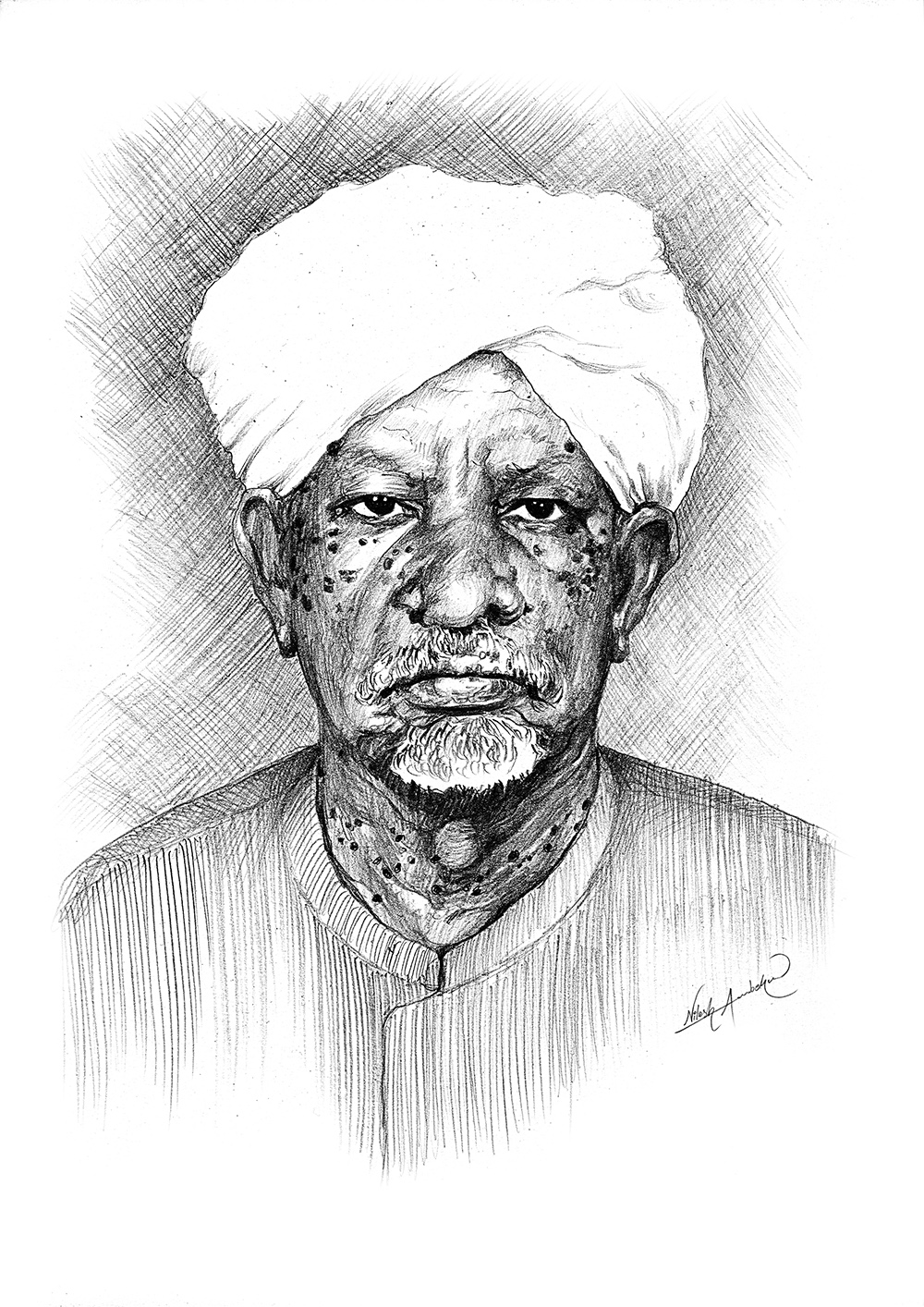Mohammad Muhar obtained his B.A. and M.A. degrees in Islamic History from Dacca University in 1952-1953, and a Ph.D. in Modern History of Southern Asia from London University in 1963. He also held a Law Degree from Britain.
Professor Ali was a specialist in the Islamic history of the Bengali region. His 4-volume book A History of the Muslims of Bengal is a reliable source on the origins and spread of Islam and its impact on the spiritual, political, and cultural life of Bengalis. This scholarly text illustrates the role of Arabs and other Muslims in the inception and spread of Islam in that part of the world. The influence of Islam on Bengali literature, art, and architecture, and the resistance of Bengali Muslims to the British occupation of their land are also discussed in the book.
Professor Ali’s other contributions include A Brief Survey of Muslim Rule in India, Islam in the Modern World; An Outline of Ancient Indo-Pakistani History; The Bengali Reaction to Christian Missionary Activities, 1833- 1857, and The Fall of Siraj aAl-Dawla. Ali also wrote more general texts, including the 2-volume Sirat aAl-Nabi and the Orientalists, and The Quran and the Latest Orientalist Assumptions as well as an edition of the biography of Nawwab Abdullatif. He also wrote on the spread of Islam in Asia for the Islamic Geographical Encyclopedia.
Professor Ali served for many years as a Professor of Islamic History in Saudi Arabian universities and was a member of several international academic societies in his field of specialization. He was an outstanding scholar in his field and has used his pen in the service of Islam and Muslims of Bangladesh. He has contributed some 25 books and papers.
This biography was written in the year the prize was awarded.

